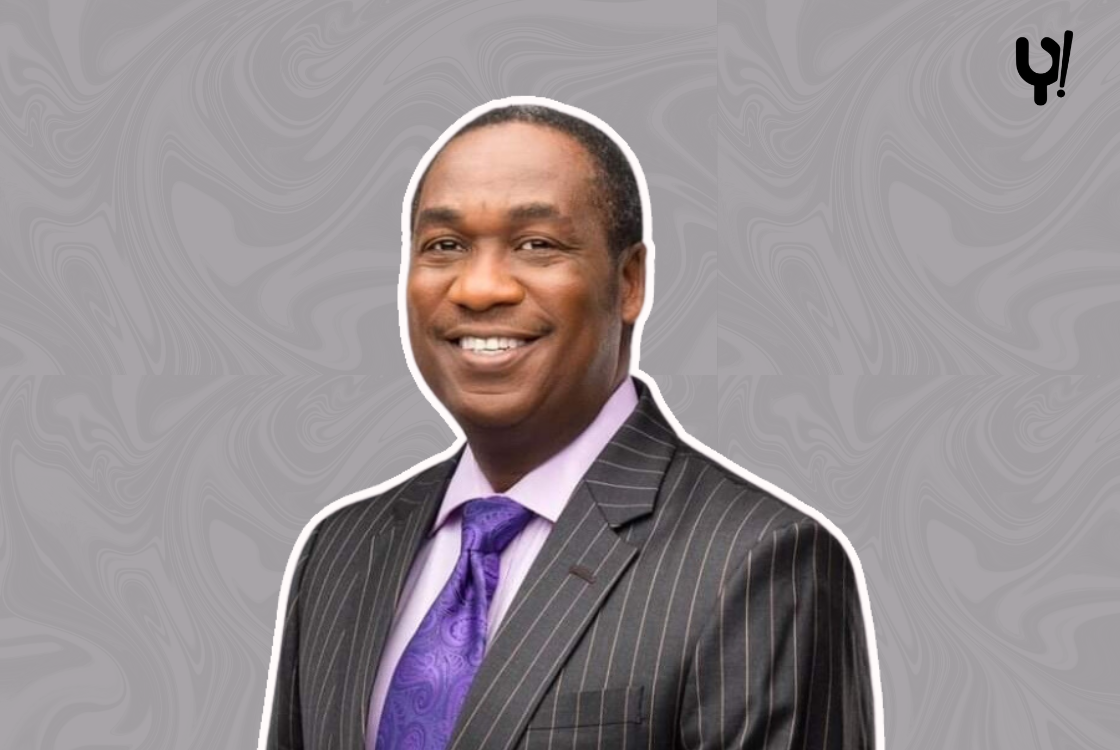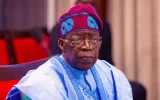July 2017 marked the beginning of what was to be the infiltration of young people into the political caucus we call the Nigerian government. In July, the National Assembly passed the #NotTooYoungToRun Bill, with the intent to reduce the qualification age for elected public offices such as president, governor, senator, and state house of assembly representative. Led by a number of youth empowerment civil society organisations, the Bill is often cited as a major feat in legislative reform in Nigeria. This upcoming election may give insight into how successful the Bill has been in encouraging youth inclusivity in electoral politics. Regardless of the outcome, I believe youth participation in standing for representation is a step in the right direction for truly representative governance for one reason: disruption.
The Not Too Young to Run Bill was not ratified by the President until May 2018. Surprisingly, the institution that led the fight to pass this bill, the Senate, retained the age requirements. The Bill instigated the emergence of the Youth Party, a registered party founded by young people who are committed to empowering future leaders in Nigeria. In anticipation of the 2019 General Elections, Nigeria has seen a plethora of relatively young political candidates, albeit 35 and over, running for political offices. To name a few, Fela Durotoye (47), Presidential Candidate for the Alliance for a New Nigeria; Omoyele Sowore (47), Presidential Candidate for the African Action Congress and; Chika Ukaegbu (35) Presidential Candidate for the Allied Advanced Party.
It is important to remember that young people have previously held the reins of power. In fact, under military rule, many of the leaders in Nigeria came to power under the age of 40. These once youthful pioneers are still present in the political affairs of Nigeria today. Disruption of the status quo should not be seen as the youth usurping each political post held by assembly members over the age of 40; rather it should be seen as the youth uprising to enter the once closed political space.
RELATED: Structures are the bedrock of godfatherism | Olusegun Akinsehinde speaks about his 2019 candidacy
Promises of change allowed for the incumbent PDP government to lose its 16-year stronghold over democratic Nigeria. Yet, change of the political party in power appears not to have translated to a change in the lives of many Nigerians four years later. Why? Transformation in governance cannot take place if the faces of government remain the same. Political leadership in Africa has been mired with economic illiteracy, violent rule, and “predatory kleptocrats” (Rotberg 2004).
All of these features of political life in many parts of the continent are a direct result of power being pursued as an end in itself rather than as a tool to represent the interests of the masses.
It appears as though governors use the “Red Chamber”, the Senate as their personal retirement plan.
At present, 15 former governors are currently serving in the Senate, most of whom are looking to maintain their seat in the 2019 elections. Early this year, Senator Jonah Jang for Plateau North, at the age of 74, announced his interest to join the presidential race. Senator Jang served as Military Governor of Benue (August 1985 – August 1986), Military Governor of Gongola (August 1986 – December 1987), Plateau Governor (29 May 2007 – 29 May 2015). Once heralded as the “Home of Peace and Tourism” in Nigeria, present-day Plateau is anything but peaceful. The failure of politics in Plateau does not need to be apportioned to Senator Jang or his contemporaries; however, if they have not been able to abet violent outbreaks throughout Nigeria’s democratic history evidently it is time for change.
Embracing young people in government will not automatically minimise all Nigeria’s social ills. The emergent generation of politicians, without long-established allegiances or bias may bring the new perspective that Nigeria needs. With the youth, there is hope. Gbadebo Rhodes-Vivour, Senatorial Candidate for Lagos-West, the largest senatorial consistency in Nigeria, is a member of this fresh political class. The candidate has fervently expressed his commitment to liberate Lagos-West from leadership that has not put the interests of the people first. At the heart of Rhodes-Vivour’s campaign is the desire for inclusive, empathetic and transparent governance. As the proverbial new kid on the bloc, the candidate’s assertions of being the start of a new kind of representation may seem naïve. Yet, how long can we leave the future of Nigeria in the hands of those who contribute to its demise? Those of whom no longer feel it necessary to speak of how they will return to a “people’s first” politics.
If the system was not created to put the people first, how can the electorate expect any well intending democrat not to turn into a corrupt autocrat? Not limited to the Nigerian experience, at the very heart of politics is an unavoidable tension between producing results and upholding moral norms. Politicians at all levels are faced with making undesirable deals, disturbing favours, and making abhorrent compromises for the good of the people (Levy 2007). They must be all things to all people, continually balancing often opposing interests and values within their constituency. Ultimately, democracy is founded upon winning the vote. In order to elicit any kind of change, it is imperative that a politician is elected into power. As such, it is not surprising that politicians will say and do all that it takes to ensure this process takes place. The real failure of the system is not that the Nigerian political class do not hear the people but rather once elected these individuals are not held accountable when they fail to act. Accountability in a democracy is transactional, between those who stand to be voted for and those who vote. Does Nigeria’s history of vote buying, rigging, and electoral violence denote that the masses will forever be victims of the political elite? To suggest this is the case implies that the agents may change but if the system remains, even with youth involvement the status quo will remain.
Considering the impeding factors, will change ever be possible in Nigeria? I argue that we have to start somewhere, and that start has begun with the active encouragement of youth participation in electoral politics ahead of the 2019 elections. Whether this inclusivity will affect the outcome of the 2019 general elections is not important. The passing of the Not Too Young To Run Bill and consequent refocus on youth participation has sparked ever relevant debates regarding how Nigeria can attain the future the masses desire.














